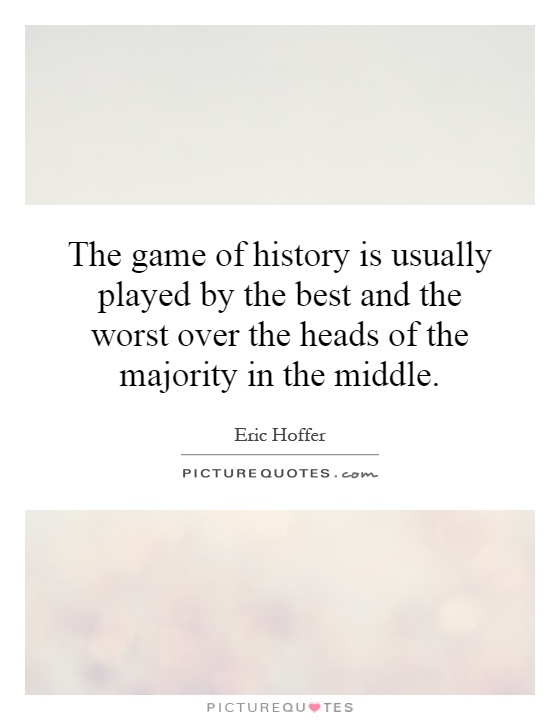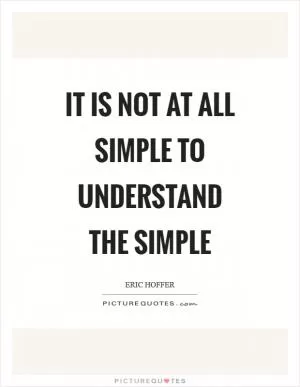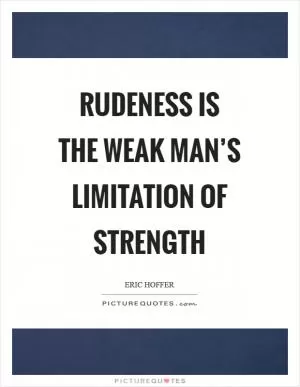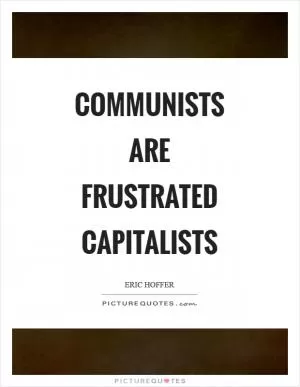The game of history is usually played by the best and the worst over the heads of the majority in the middle

The game of history is usually played by the best and the worst over the heads of the majority in the middle
Eric Hoffer, a renowned American philosopher and author, once famously said, "The game of history is usually played by the best and the worst over the heads of the majority in the middle." This statement encapsulates the idea that throughout history, power struggles and conflicts have often been driven by a small minority of individuals at the extremes, while the majority of people in the middle are left to bear the consequences.Hoffer's observation is particularly relevant in the context of political and social movements, where the actions of a few influential figures can have far-reaching effects on the course of history. The "best" and the "worst" that Hoffer refers to can be interpreted as the most virtuous and the most corrupt individuals in society, who often wield the most power and influence. These individuals may be leaders of nations, revolutionary figures, or even tyrants who shape the course of events through their actions and decisions.
Meanwhile, the majority of people in the middle, who may not have the same level of power or influence, are often caught in the crossfire of these power struggles. They may be subject to the whims of those at the extremes, forced to endure the consequences of their actions, whether they be positive or negative. In this way, history can be seen as a game in which the best and the worst players vie for control, while the majority of people are mere pawns in their schemes.
Hoffer's statement also speaks to the idea of the "silent majority," a term popularized by President Richard Nixon in the 1960s to describe the large segment of the population that does not actively participate in political or social movements. These individuals may feel disenfranchised or disillusioned with the actions of those in power, leading them to withdraw from the political process altogether. As a result, they may become marginalized or overlooked in the grand scheme of history, overshadowed by the actions of the best and the worst.












 Friendship Quotes
Friendship Quotes Love Quotes
Love Quotes Life Quotes
Life Quotes Funny Quotes
Funny Quotes Motivational Quotes
Motivational Quotes Inspirational Quotes
Inspirational Quotes